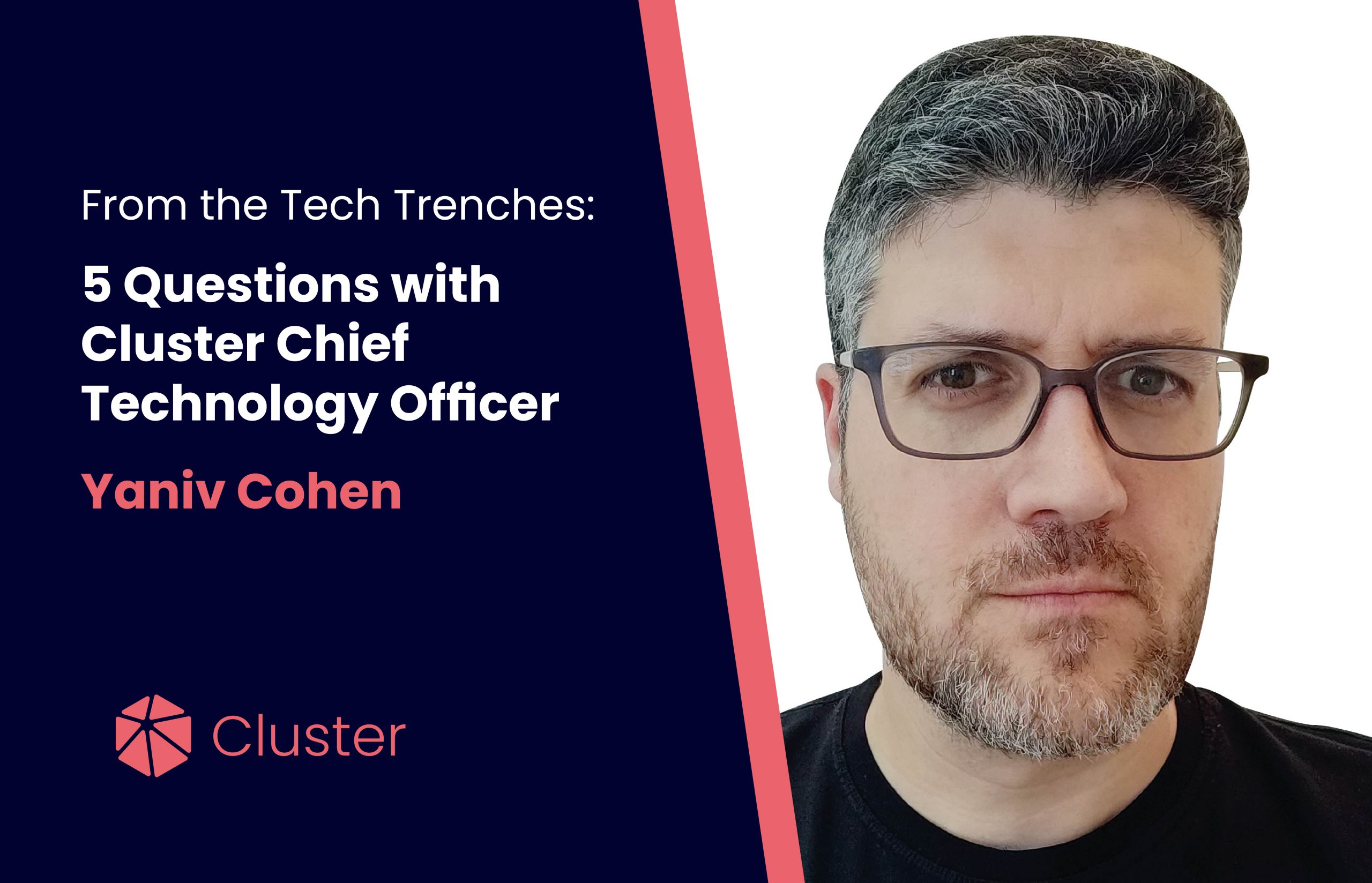When the company was first launched in 2016, the mission for Algopix was seemingly simple, “To make eCommerce marketplace data more accessible and usable so online brands can make informed decisions.” It was able to aggregate marketplace data in real-time to help sellers research, source and launch their online businesses.
Fast-forward to today (and throwing a global pandemic into the mix), eCommerce has been thrust into the spotlight – as a survival mechanism for brick-and-mortar and even restaurants, to accommodate social distancing mandates, and to get essential goods and services to those in unprecedented circumstances.
Whatever the reason to shift to eCommerce, Algopix also began its own shift. As more and more enterprises and big brands started to pique their interest into learning more about what real-time data can do for their online marketplaces, we also had to pivot and create new products and services for a broader audience.
And while the only certainty in eCommerce is change, we also know that:
1. eCommerce/online shopping is here to stay (now that we’ve figured out how to buy groceries online, why would we want to go back?), and
2. Data, analytics and technology can’t be static in a constantly changing world.
So, here we went right into the trenches and caught up with our Chief Technology Officer Yaniv Cohen, with five top-of-mind questions to see what advice he uses to thrive and what technologies to watch going into 2022 and beyond:
Q: What did you learn along your career path that you still use today?
COHEN: First, when you get the chance to build something from scratch, make sure you get it right the first time. This ensures you won’t face any issues with systems that someone else has built (especially if they didn’t do it right).
Next, even if someone else is to blame, don’t use that as an excuse to report failure. Make it work by doing everything possible to get things moving in the right direction until it gets done. Try to help others around you become better at what they do, you’d be surprised how much improvement you’ll see in their performance. The most talented people I’ve had the pleasure to work with during my career are not those who have the best looking CVs.
Finally, leadership is never given by authority. Leadership is given to those who take care of others around them.
Q: If you could go back and give yourself advice when you first started your career, what would that advice be?
COHEN: As a software engineer, you should have a very solid knowledge of the basics (data collections, algorithms and even design patterns). They apply to almost every development language you will use.
Additionally, make sure to surround yourself with highly professional and GOOD people. It will make you a better professional and a better person.
I started out in the industry when XML became all the hype and JSON hadn’t been thought of yet. Today, nobody would use XML if they can avoid it, so if I could go back to when I first started, I’d say, “Use JSON, not XML!”
Q: What advice would you give to any entry-level business/tech person today?
COHEN: What you do at the beginning of your journey will most likely lead to what you’re doing for the rest of your career. So, choose your first role carefully.
The majority of interesting, challenging and innovative positions are usually not found in high profile, large companies. It is usually at the smaller or digitally born organizations that are trying to build something new and innovative using the latest technologies.
Q: What resources do you use for continuing your education or learnings as technology continues to evolve and change.
COHEN: Online blog posts and technology-centered websites. But above all, I look to my colleagues and peers who I’ve become to know well during my career. I get to discuss new technologies with them especially if they’ve had experience with them already.
Q: What is the greatest piece of technology to watch?
COHEN: I think that quantum computers are going to change everything. Programming languages are going to change considerably in order to support this new technology.


